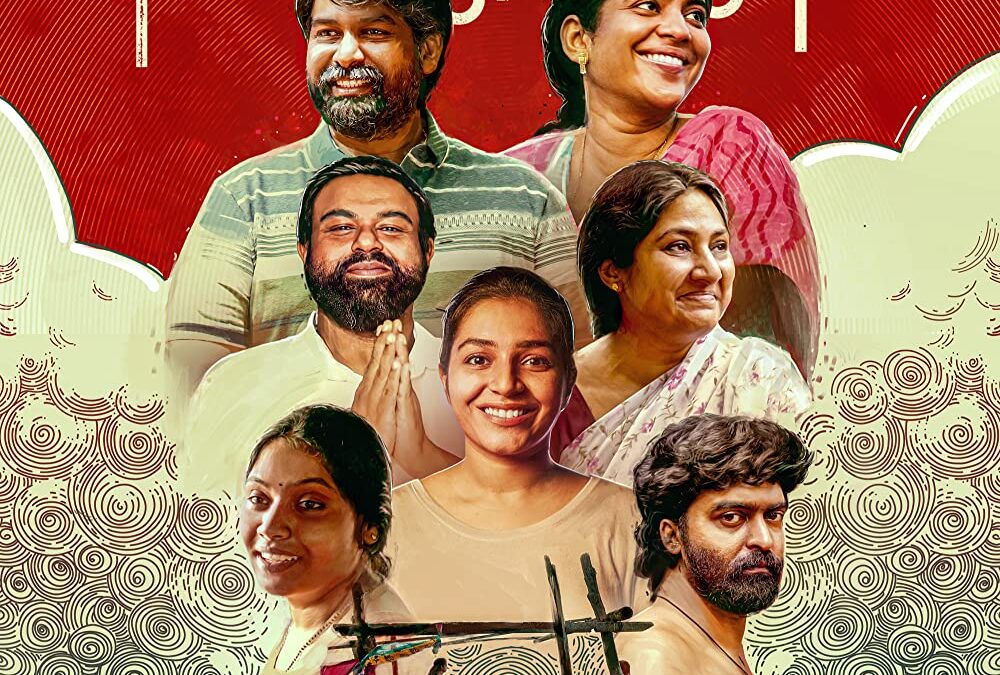Plot
The common idea that unites all the pieces is scarcely discernible in several of the segments, even though it performs faster than most of the other hugely overrated anthologies.
According to who you’re asking, freedom can imply a variety of things. Everything to do with their immediate problems, their social as well as economic circumstances, to their level of knowledge and exposure, would determine the answer. The common theme that unites the five parts of this anthology movie is intended to be freedom, in some form or another. However, in some of the portions, it is not as obvious at first glance, while in others, it is overt or hardly noticeable.
For example, Baby (Joju George), the retiree who struggles with diabetes and is just slowly losing memory, desires anything sweet within Geo Baby’s “Old Age Home,” its best as well as subtlest of the five segments. On the other hand, since now their children are grown and settled in their life, his wife Lali (Lali. P.M) has eventually discovered the time to accomplish the things she constantly wanted, namely running a modest home-based business. Based on the expectations of others around them, particularly each other, the couple finds it difficult to fulfill their seemingly basic wishes. The troubled housekeeper Dhanu (Rohini) seemed to comprehend both situations better.
Kunjila Maschillamani’s film “Asanghadithar,” which would be based on the actual battles of “Penkoottu,” an association of unorganized women workers near Kozhikode, uses a smart combination of the cinematic story with documentary-style creation. As even the women protest the denial of access to restrooms and endure the jeers of their male employers, it shows the gradual escalation of resentment and the emergence of a movement.
Review
Geethu (Rajisha Vijayan), the protagonist in Akhil Anilkumar’s film “Geethu Unchained,” is tired of meeting social expectations. She is determined to avoid making the same mistakes as others, notably her mother. But she finds it difficult because she has a boyfriend who alters his appearance after their commitment, a coworker who becomes interested in her, and just a mother who continually gives her orders. It is the kind of movie that would appeal to a lot of young people, and it is commendable that the producers refrained from forcing a happy conclusion.
In her novel “Ration,” Francies Louis aims to emphasize inequality through a narrative that centers mostly on sharing of food between two nearby households. At quite a time when a sizable portion of the population would just have to rely on rations for daily life, the stark contrasts between wasteful consumption and also the effort to earn one’s daily bread make a significant impression.
This common theme that unites all seems to be about barely discernible in several of “Freedom Fight’s” stories, but it works better than most of the other overly promoted anthologies that have damaged the reputation of the concept as a whole.
I will give 3-star rating to the movie.




